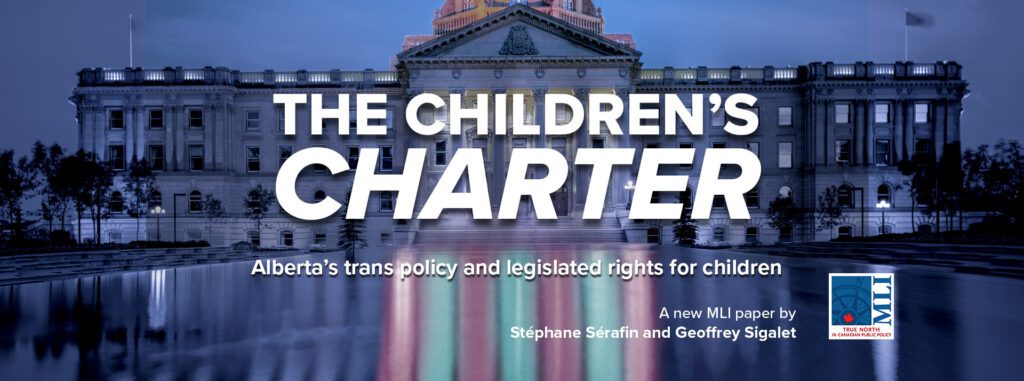This article originally appeared in the National Post.
By Raheel Raza, July 2, 2024
Last week, Pe’er Krut wrote in this paper about an assembly at a Catholic high school outside Toronto in which students were subjected to a rant that presented a very one-sided view of the Israeli-Palestinian conflict. This was bad enough because there was no opportunity for alternate perspectives to be presented.
But now adding insult to injury, the Toronto District School Board has voted to incorporate the concept of anti-Palestinian racism (APR) within its broader anti-discrimination strategy, which has the potential to shut down another avenue for debate and discussion within the education system.
Canada does not have a large Palestinian population (there are only around 4,000 people of Palestinian descent in the entire city of Toronto), or a history of tensions between Palestinians and other groups. Racism specifically targeting Palestinians is thus not a pressing issue in Canada.
Introducing a very specific term like APR is unnecessarily divisive and a distraction from more evidence-based racial inequities experienced by minority groups in Canadian society. Promoting its inclusion in anti-discrimination policies could set some concerning precedents, especially when it comes to influencing young minds.
Hamas is listed as a terrorist organization in Canada. Hamas is also Palestinian. So if a concerned Canadian says that Palestinians who belong to Hamas are a threat, will she be accused of being racist, according to APR?
Adopting APR risks legitimizing fringe movements trying to manufacture racial grievances for groups that don’t have long-standing histories of oppression in Canada. And it may distract from confronting more measurable, well-documented forms of racism and discrimination experienced by various segments of Canadian society.
The APR policy threatens to open a Pandora’s box. Recognizing one minority-specific term could set a precedent for endless other hyphenated terms like “anti-Greek racism,” “anti-Bolivian racism” and so on. Creating such a confusing landscape would detract from current anti-racism efforts.
APR is also highly likely to be misused, in order to enable antisemitic rhetoric and narratives. It could provide cover for spreading anti-Jewish prejudices by framing them as opposition to alleged “racism” against Palestinians.
Extremist voices could try to legitimize overtly antisemitic speech and conspiracy theories about Jews by couching it in the language of anti-racism. The artificial term also risks conflating Palestinian identity and rights with opposition to the world’s only Jewish state, essentially defining anti-Zionism as anti-racism in a manner that provides cover for antisemitic expression. Both these trends are currently being witnessed on university campuses throughout the country.
Just promoting the concept could cast a chill on free speech, academic inquiry and open discourse relating to the Israeli-Palestinian conflict out of fears of facing accusations of anti-Palestinian racism.
The push to include the concept of anti-Palestinian racism in our school systems’ anti-discrimination policies is designed to perpetuate age-old prejudices against Jewish people and undermine societal solidarity against antisemitism. School boards should not allow their own fears about being called racists prevent them from standing against this ill-conceived policy.
Raheel Raza is the director of the Council of Muslims Against Antisemitism.







